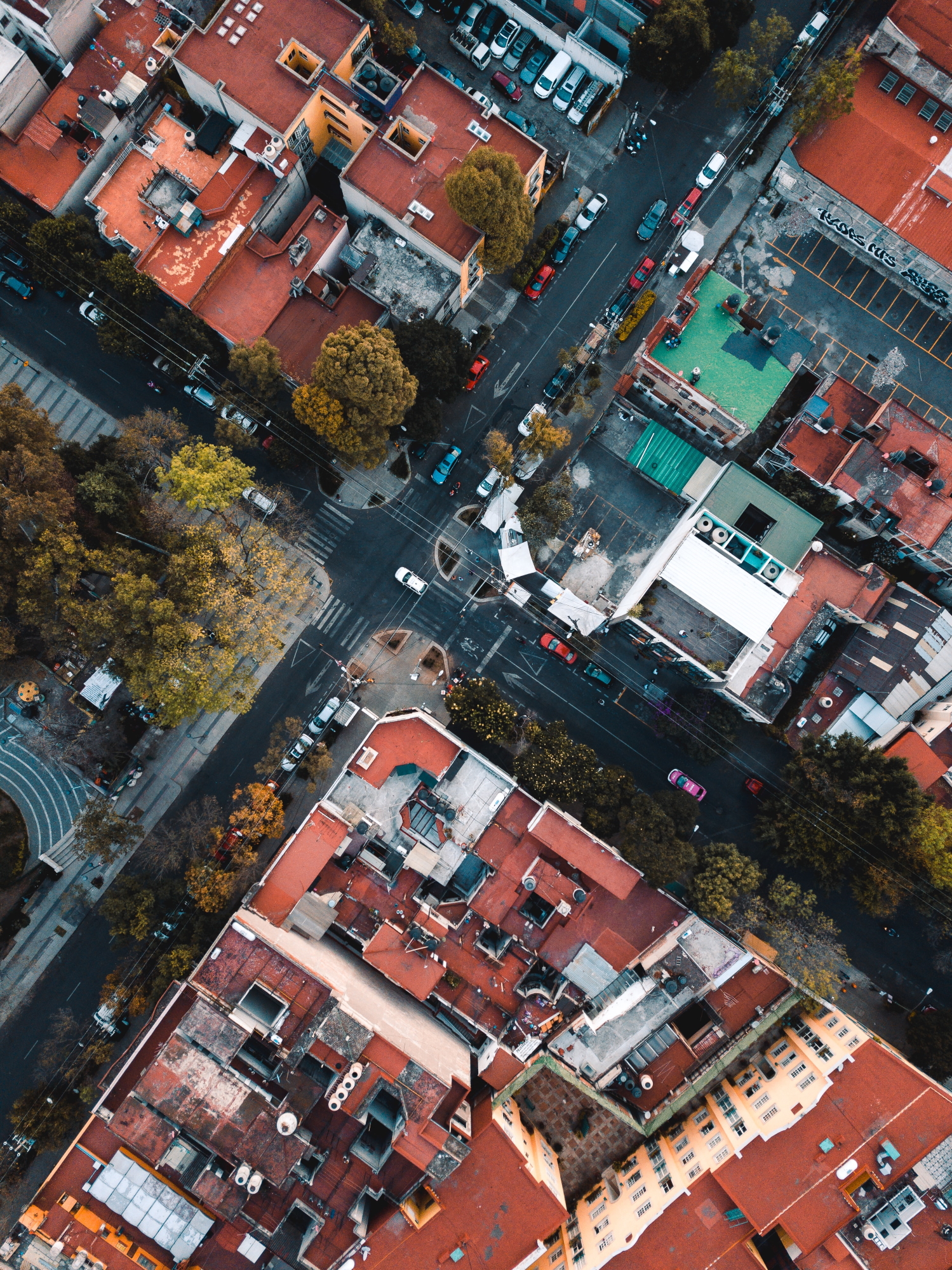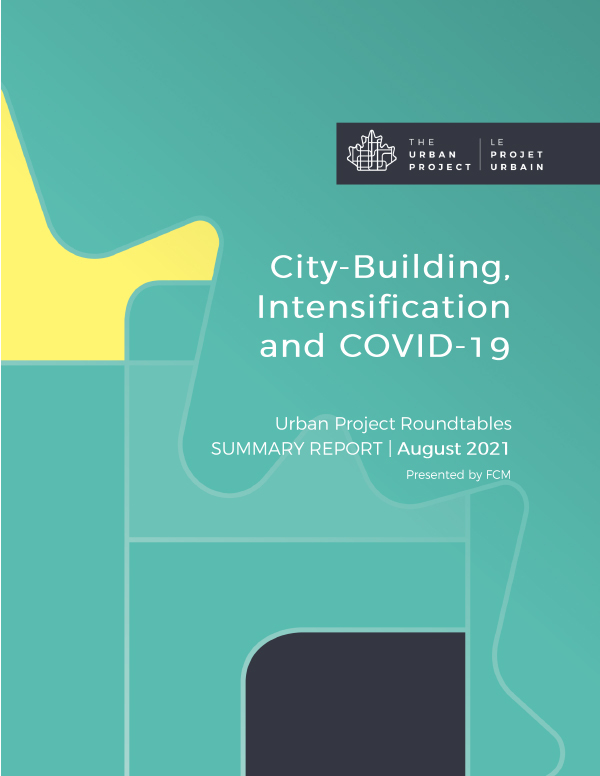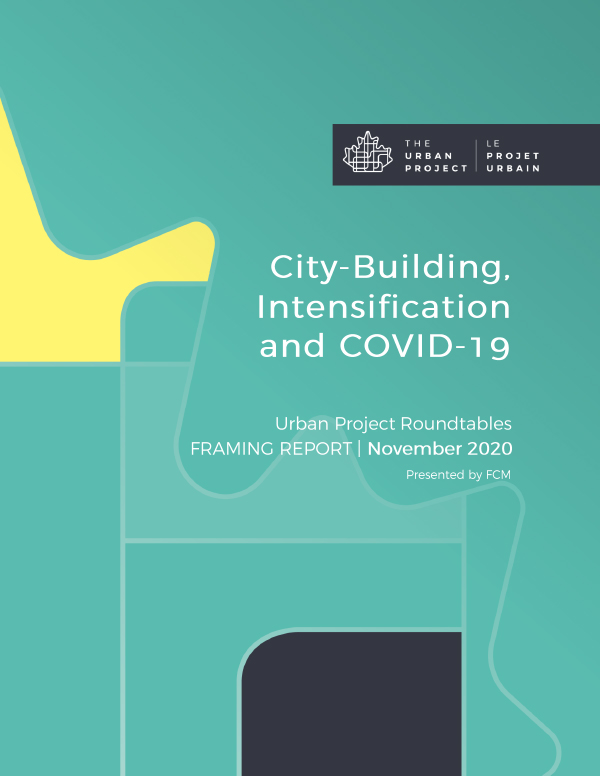EVENTS > City-Building, Intensification and COVID-19
City-Building, Intensification and COVID-19
Virtual roundtables
December 2020
The COVID-19 pandemic poses both immediate challenges and long-term existential questions for city leaders and their partners. Beyond the immediate and severe pressures on municipal operating budgets – especially for public tThe COVID-19 pandemic poses both immediate challenges and long-term existential questions for city leaders and their partners. Beyond the immediate and severe pressures on municipal operating budgets – especially for public transit where ridership collapsed with no sign of rapid return to pre-COVID levels – the pandemic is a potentially disruptive force to the city-building agenda.
This is a critical moment for urban leaders who are being asked if the modus operandi of intensification and urban density—supported by the interrelated building blocks of transit expansion and housing affordability, in particular housing policies that aim to increase density and supply of affordable housing options around transit stations and corridors—is still achievable over the long-term. How should cities pursue “smart density” to achieve a net-zero future and reduce social inequality?
These questions can’t be answered in silos. Thoughtful and interconnected reflection on the short, medium and long-term impacts of the pandemic on city-building, and developing shared guiding principles for action, is critically needed. The climate change imperative must remain central in these reflections, as must the need to elevate the importance of social inclusion and equity in how we design and build cities, fund infrastructure and measure progress.
KEY THEMES
Among those who participated in the expert roundtables and in the mayors’ session, there was a strikingly high degree of consensus about the issues. The core question facing Canada’s cities, as well as the other orders of government, was what comes next? What are the policy tools, processes and resources required to address calls to build more inclusive, equitable, resilient and sustainable cities?
Over the course of the roundtables, experts returned to a number of key themes, and many offered the view that the scale of the challenges should mirror the scale of the solutions. Since the pandemic began, many big cities around the world have moved ahead with transformative changes to planning, public space, transportation and other social and technology services — all reforms that respond directly to the impact of a major crisis on metropolitan regions and the need to bolster urban resilience in anticipation of future pandemics, climate change-related disasters and other as-yet unforeseen crises.
From pre-event engagements to expert roundtables, and finally the Mayors’ roundtable, discussions coalesced around a few key themes:
- The shift from urban centres is not as dramatic as initially predicted, but still significant
- Resilient public transit and widely available affordable housing are key conditions for equitable and sustainable intensification
- Expand the definition of “good density” to include missing middle housing, and improve access to parks, public spaces and cultural activities
- Lessons from COVID should be made permanent
- Re-imagine intergovernmental frameworks to empower our cities and metro regions



